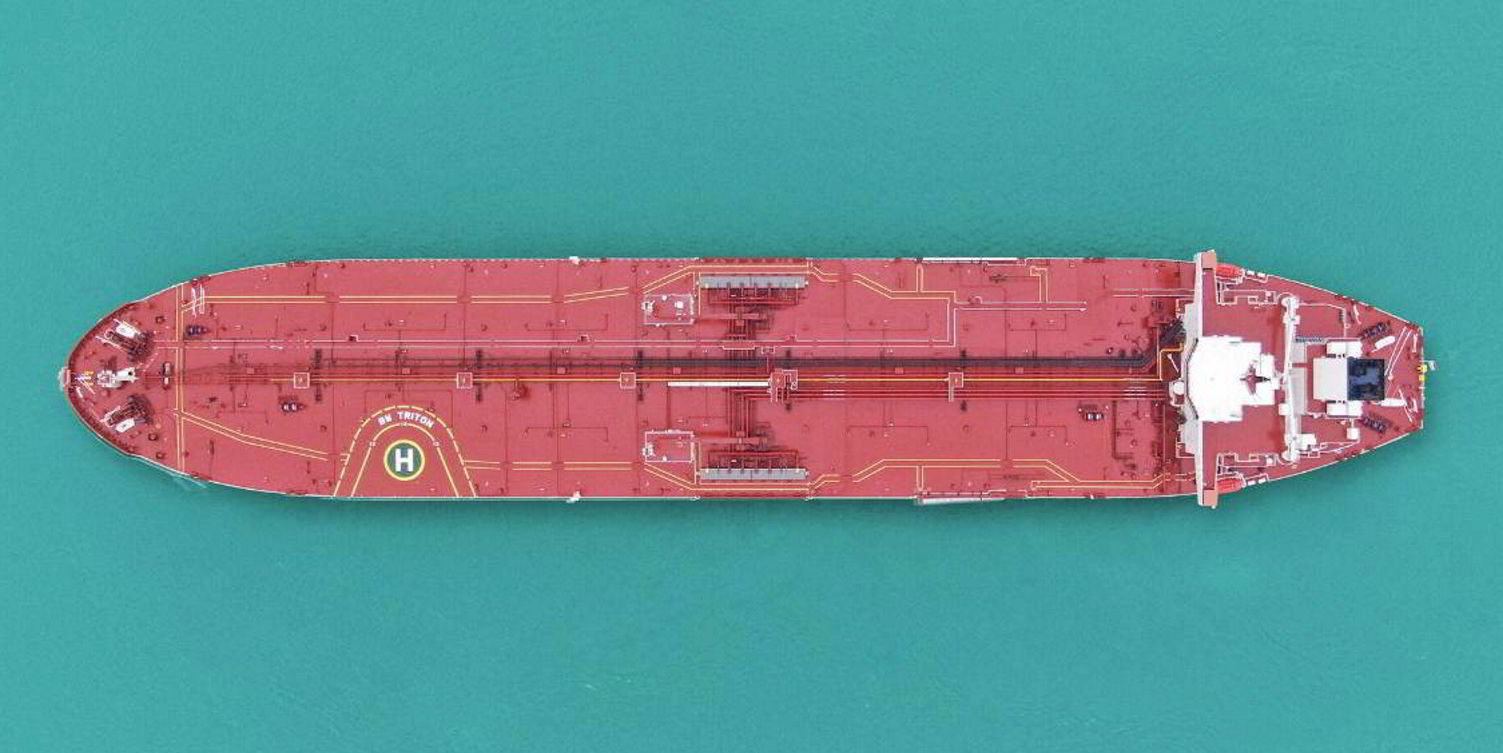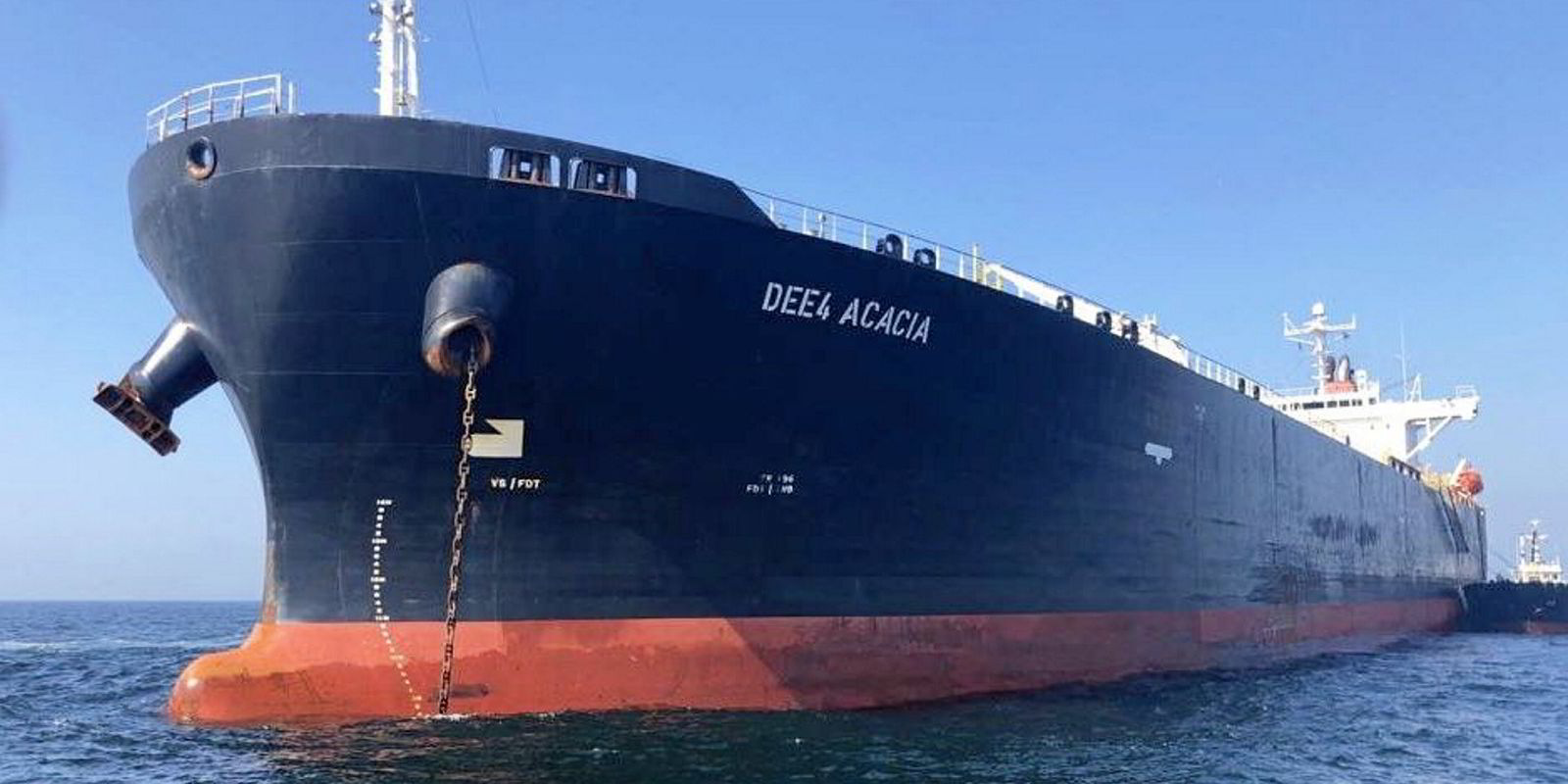Already strong product tanker rates could be driven even higher if the US restricts petroleum product exports ahead of the US hurricane season, says Poten & Partners.
US energy secretary Jennifer Granholm recently called on the domestic energy industry to build inventories and reduce exports to avoid the risk of supply disruptions.
“Given the historic level of US refined product exports, I again urge you to focus in the near term on building inventories in the United States, rather than selling down current stocks and further increasing exports,” she said in a letter sent to several major US refiners.
Hurricane season in the Gulf of Mexico typically runs every year from 1 June through 30 November, but for the first time in 25 years, the month of August has passed without a named storm in the Atlantic, according to Poten.
“However, this does not mean that we are out of the woods yet. Several strong hurricanes could still form in September and October,” the broker said.
Severe storms in the US Gulf pose a significant risk to the US oil industry with the region accounting for 55% of total US refining capacity.
The US Gulf coast is home to 56 refineries which process more than 9m barrels per day (bpd). In addition, the offshore US Gulf produces 1.8m-bpd of crude oil.
US product exports are at a high level and domestic product inventories are indeed well below the five-year average, in particular in the Northeast of the country, according to Poten.
“From a US government perspective, limiting exports and focusing on rebuilding domestic inventories would increase the safety margin for domestic consumers and reduce the risk of price spikes,” the broker said.
“Especially if one or more hurricanes make landfall in the US Gulf and (temporarily) knock out refining capacity.”
However, Poten says that given that the US energy industry is part of the global energy infrastructure, any domestic US actions would have “consequences in the rest of the world”.
Countries in Latin America are the main export destination for US refined products and any cutback means that these countries will need to be supplied from longer haul sources.
Latin America could look to the Middle East or the Far East for replacement supplies, which would generate significantly more ton-mile demand compared to imports from the US, said Poten.
The broker said Latin America could even look to Russia as an alternative and the reported fixture of an MR product tanker from Russia to Ecuador “underlines this possibility”.
“A growing trade from Russia to Latin America would be a boon to the product tanker market due to its long-haul nature, but sanctions may prevent this trade from flourishing,” said Poten.
One source that is said to be “out of the question” is Europe as it has its own shortfall to address as it tries to wean itself off Russian supplies in advance of a formal import ban that will go into effect in February 2023.
However, the lower US availability could also lead Europe to import more product from the Middle East and Asia, providing a further boost to tonne-mile demand, said Poten.





